Are Ragdoll Cats Hypoallergenic?

✨ Looking for a Ragdoll kitten? ✨
If you’re ready to bring home one of these gentle babies, check out our [Ragdoll kittens]. You’ll see current litters, upcoming kittens, and how to reserve your spot on the waitlist.
My kitten families ask this question alot: “Are Ragdoll cats hypoallergenic?”
It usually comes from people who love the idea of owning a Ragdoll but are worried about cat allergies in the family. And honestly, I get it. Nobody wants to fall in love with a cat only to realize their eyes are watering and their nose won’t stop running every time they cuddle.
So let’s talk about it. I’ll break down what “hypoallergenic” really means, how Ragdolls fit into the picture, and what you can expect if you or someone in your house has cat allergies.
What Hypoallergenic Really Means
The word “hypoallergenic” gets thrown around a lot when people talk about pets. Some breeds get labeled hypoallergenic, but the truth is that no cat breed is completely hypoallergenic.
Cat allergies don’t actually come from the fur itself. They come from a protein called Fel d 1, which is found in cat saliva, skin, and dander. When cats groom themselves, that protein gets on their fur. Then it spreads around your house when they shed or when you pet them.
Some breeds are said to produce less Fel d 1, but none are completely free of it. So when you hear “hypoallergenic cat,” what it usually means is that the breed might cause fewer allergic reactions than others, but it’s not a guarantee.
Where Ragdolls Fit In
Ragdolls often get mentioned in conversations about hypoallergenic cats. Why? Because their coat has a different texture compared to some other long-haired breeds.
- Their coat is silky rather than woolly. That means it doesn’t mat easily and doesn’t trap as much dander.
- They shed, but not excessively compared to breeds with a heavy undercoat.
- Some allergy sufferers report fewer reactions around Ragdolls than around other cats.
But here’s the thing: Ragdolls still produce Fel d 1. That means if you’re very allergic, you’ll likely still have symptoms.
Common Misconceptions
Myth: Long-haired cats cause worse allergies.
Not true. Allergies are about proteins, not fur length. Some people are actually more allergic to short-haired cats because their fur sheds differently and spreads dander faster.
Myth: White or light-colored cats are less allergenic.
Color doesn’t matter. The protein levels are not connected to coat color.
Myth: Bathing cats eliminates allergies.
Bathing can help for a short time, but it’s not a long-term solution. Plus, most Ragdolls do not appreciate being bathed regularly.
Do Ragdolls Trigger Allergies Less Than Other Breeds?
This is a big one people always ask. Some owners swear their Ragdoll doesn’t bother their allergies at all, while others react right away. What makes it tricky is that every person’s immune system is different. Two people can visit the same Ragdoll, and one will have watery eyes while the other feels nothing.
Compared to breeds like Siberians or Balinese, which have been studied for producing lower levels of Fel d 1, Ragdolls don’t have that scientific backing. They’re not officially labeled “low-allergen.” Still, their coat texture and grooming habits can make them easier for some people to live with than other long-haired cats.
How to Test Your Allergies Around a Ragdoll
Before you bring home a Ragdoll kitten, it’s smart to do a “test run.” If possible, visit a breeder or spend time with someone who owns a Ragdoll. Even just an hour in the same room can tell you a lot. Notice if your eyes itch, your throat feels scratchy, or your nose starts to run.
Some people find they can tolerate short visits but react more strongly once they live with the cat full-time. That’s why it’s a good idea to plan multiple visits if you can. Allergies can build up with constant exposure.
The Role of Grooming in Allergy Control
One of the easiest ways to make life with a Ragdoll more comfortable if you have allergies is consistent grooming. Ragdolls have silky coats that don’t mat easily, which makes brushing a lot simpler. A quick daily brush removes loose fur and dander before it spreads around your house.
If brushing every day feels like too much, aim for at least three times a week. Use a metal comb or slicker brush and follow up with a damp grooming glove to catch the fine hairs. Not only will this cut down on allergens, but your Ragdoll will look gorgeous and feel softer too.
Are Ragdoll Mixes Any Different for Allergies?
Sometimes people ask if Ragdoll mixes are better for allergy sufferers. The truth is, it depends. If the other breed in the mix is known for producing less Fel d 1, like a Balinese, the mix might be a little easier on allergies. But if it’s another long-haired or average shedding breed, the difference probably won’t be noticeable.
At the end of the day, whether purebred or mixed, all Ragdolls will still produce the allergen protein. The only real way to know is to spend time with the individual cat.
🛠️ Product Recommendations to Help with Cat Allergens
Here are my top picks:

Shark Clean Sense Air Purifier
$199.99
•
Shark Official + others

Honeywell HPA5100B InSight HEPA Air Purifier
$159.99
•
Target + others

HoMedics PetPlus True HEPA Air Purifier
$127.99
•
Best Buy + others

Winix A231 True HEPA Air Purifier
$74.99
•
Walmart Supercenter + others

Bissell PowerForce Helix Turbo Pet Vacuum
$78.00
•
Walmart + others

Hoover WindTunnel Pet Upright Vacuum
$149.00
•
Home Depot + others

Dyson Ball Animal 3 Upright Vacuum
$449.99
•
Dyson Official + others

Shark Rotator Pet Upright Vacuum
$299.99
•
Best Buy
Here are some highlights and suggestions on how to use each:
- Shark Clean Sense Air Purifier: This unit senses air quality (dust, dander) and auto-adjusts its fan speeds. Great for living rooms or shared spaces.
- Honeywell HPA5100B InSight HEPA Air Purifier: Reliable mid-size purifier. Honeywell is a trusted name in allergen control.
- HoMedics PetPlus True HEPA Air Purifier: Designed specifically for pet homes. It includes odor filters & a multi-stage system.
- Winix A231 True HEPA Air Purifier: Compact but effective. Good for bedrooms or smaller spaces.
- Bissell PowerForce Helix Turbo Pet Vacuum: Upright vacuum made for picking up pet hair, with turbo brush attachments.
- Hoover WindTunnel Pet Upright Vacuum: Classic upright vacuum with strong suction and tools for pet hair.
- Dyson Ball Animal 3 Upright Vacuum: A premium model, great for deep cleaning and getting embedded hair.
- Shark Rotator Pet Upright Vacuum: Versatile upright vacuum with lift-away feature to clean furniture or stairs easily.
💡 How These Products Help
Frequent use of these tools (daily or every few days) makes a big difference in maintaining cleaner air and surfaces.
Tips If Your Allergic to Cats
Air purifiers (especially ones with HEPA + activated carbon filters) help remove airborne allergens like pet dander from the air, reducing exposure. Dyson+2Forbes+2
Vacuums with HEPA filtration and pet-focused brushes remove fur, dander, and allergens from carpets, furniture, and floors.
If you or someone in your home has mild to moderate cat allergies and you’re still hoping to live with a Ragdoll, here are some tips that may help:
- Vacuum often with a pet-friendly vacuum that has a HEPA filter.
- Wash bedding and blankets where your Ragdoll likes to sleep.
- Use air purifiers in the rooms where your cat spends the most time.
- Brush your Ragdoll regularly to reduce loose fur and dander.
- Keep your bedroom cat-free so you have an allergy-safe zone.
- Talk with your doctor about allergy medications or treatments.
So, Are Ragdolls Hypoallergenic?
Here’s the honest answer: No, Ragdolls are not hypoallergenic.
They are not a guaranteed safe breed for allergy sufferers. But some people with mild allergies find they react less to Ragdolls than to other cats. It really depends on the individual person and their sensitivity.
If you’re considering bringing a Ragdoll into your home and you have allergies, the best thing you can do is spend time around the breed first. Visit a breeder, a friend who owns one, or even a cat café if they have Ragdolls, and see how your body reacts.
Final Thoughts
Ragdolls are amazing cats, but they are not the magic answer for allergy sufferers. If you or your family members have allergies, go in with realistic expectations. They may work for you, or they may not. But if you can handle them, you’ll be rewarded with one of the sweetest, most affectionate companions out there.
Check out these other popular posts:
- [When Do Ragdoll Cats Stop Growing?]
- [How Long Do Ragdolls Live?]
- [What Do Ragdoll Cats Eat?]
- [Ragdoll Cat Price: What to Expect]
Each one answers another common question people have if they are wondering if the Ragdoll is the right cat for them.


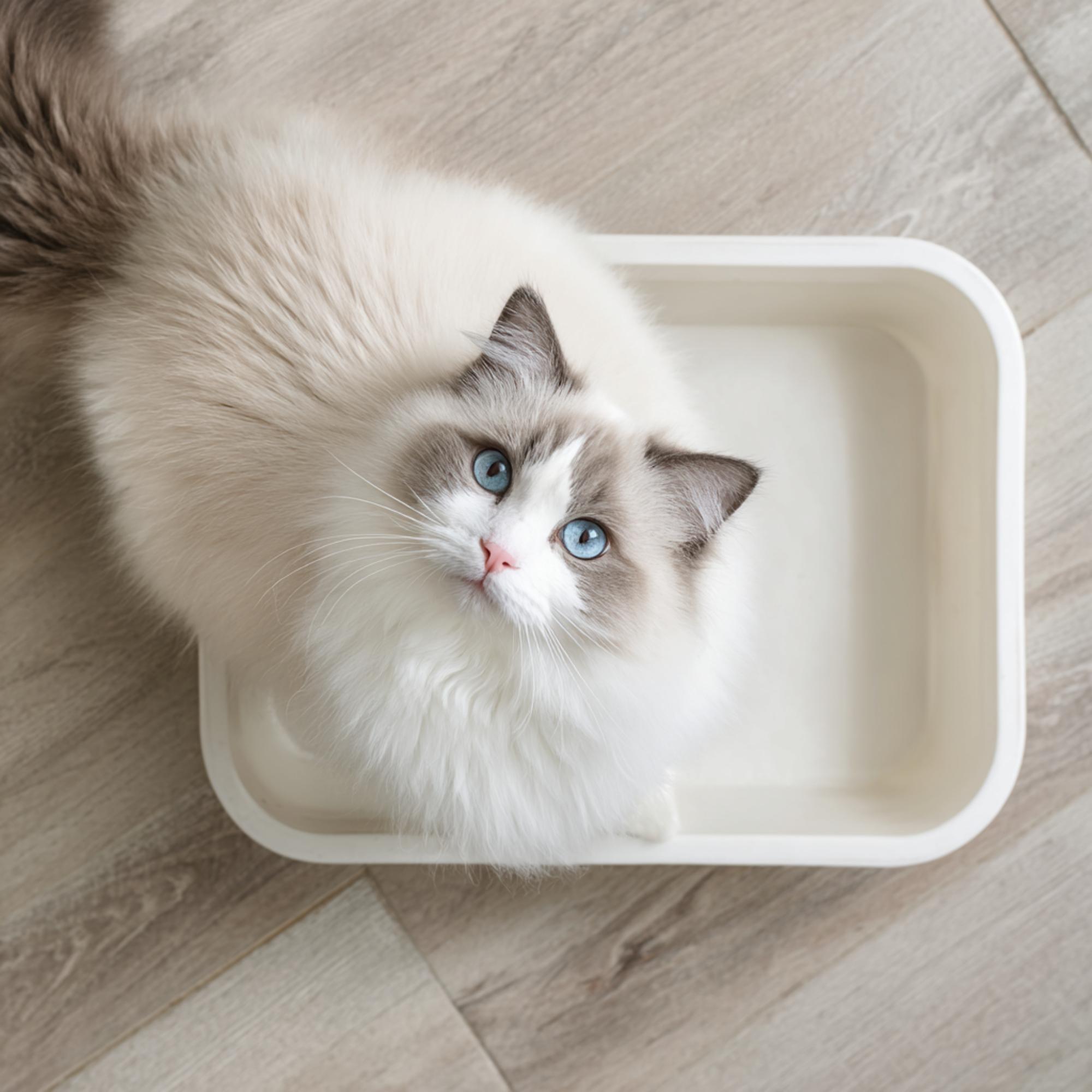



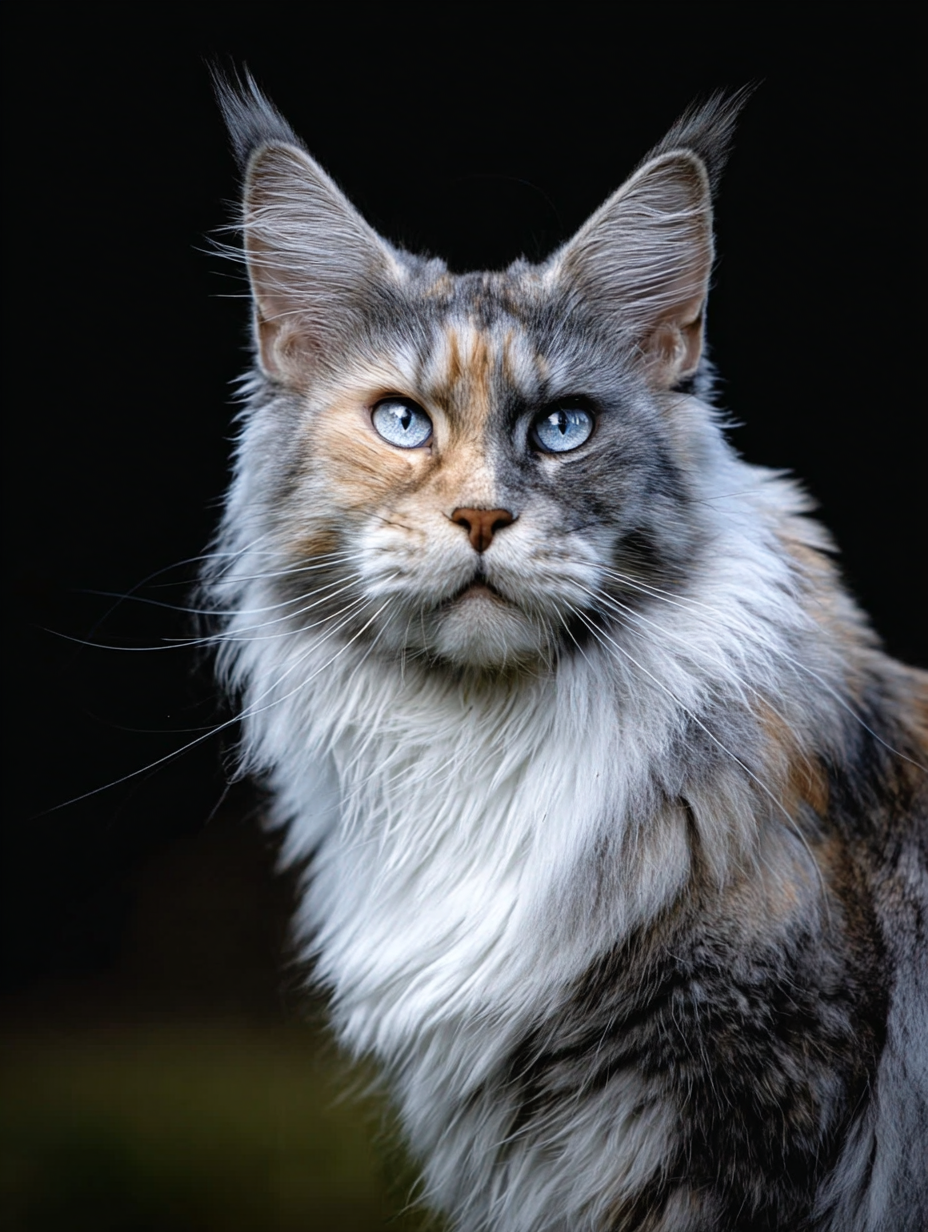
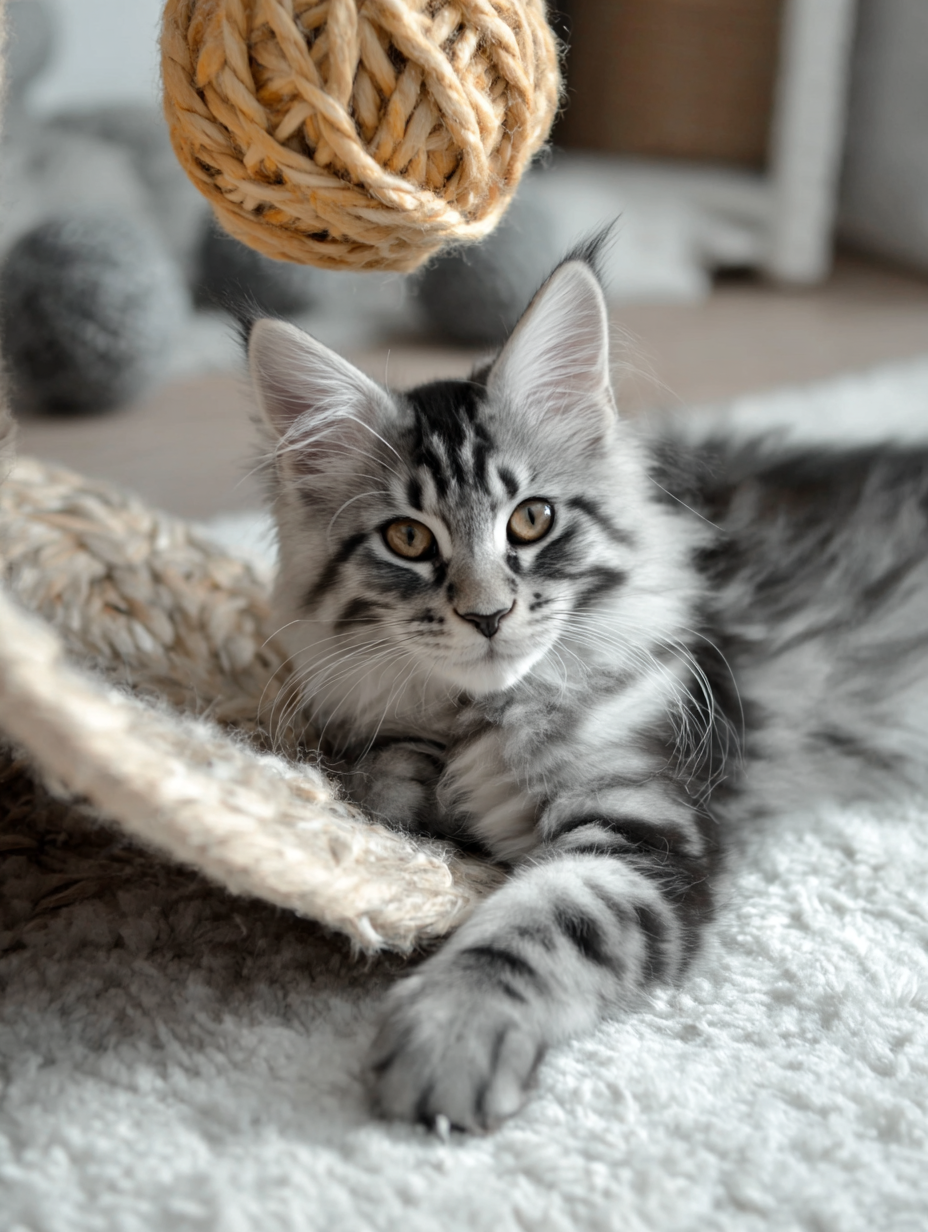
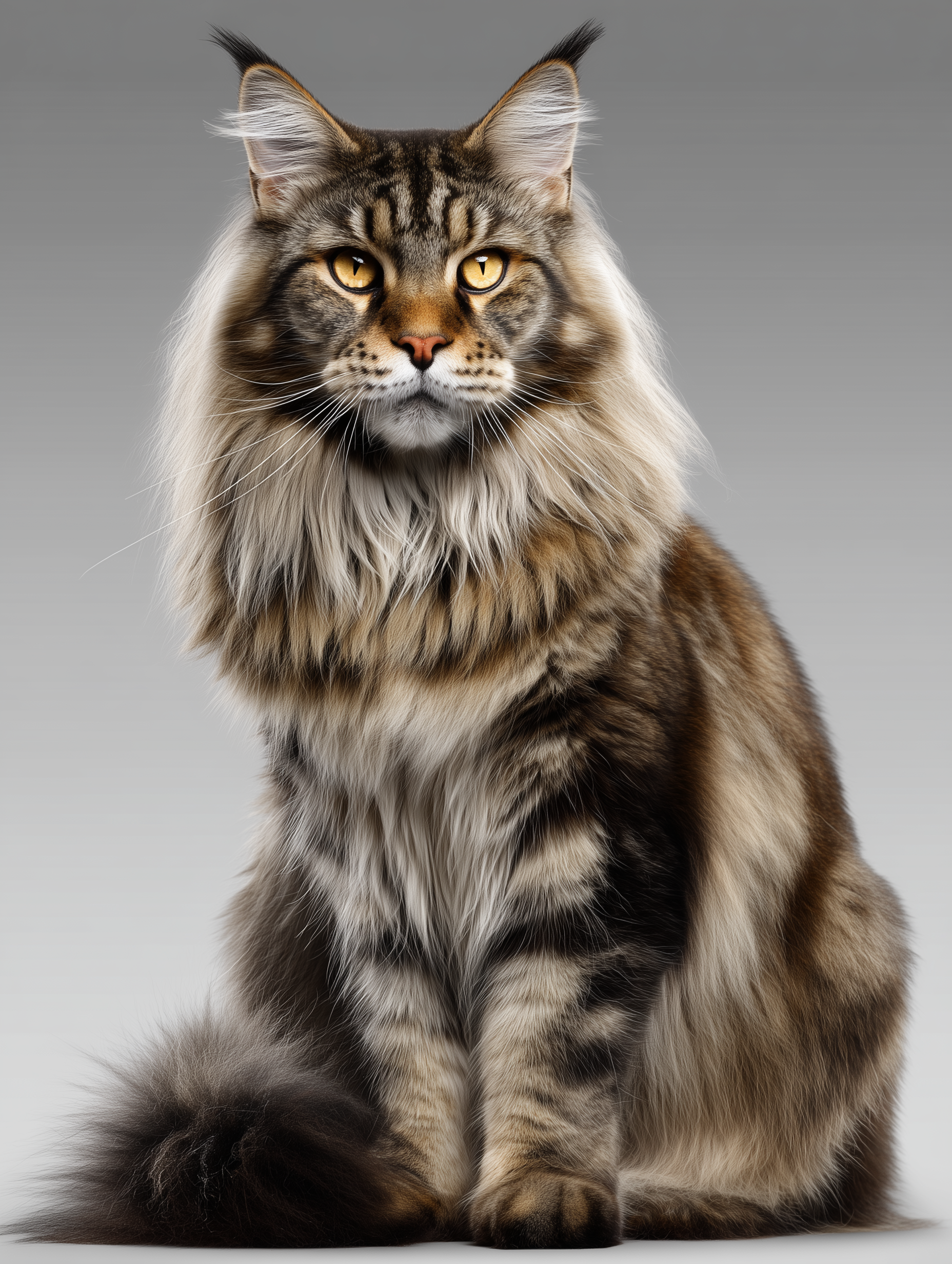
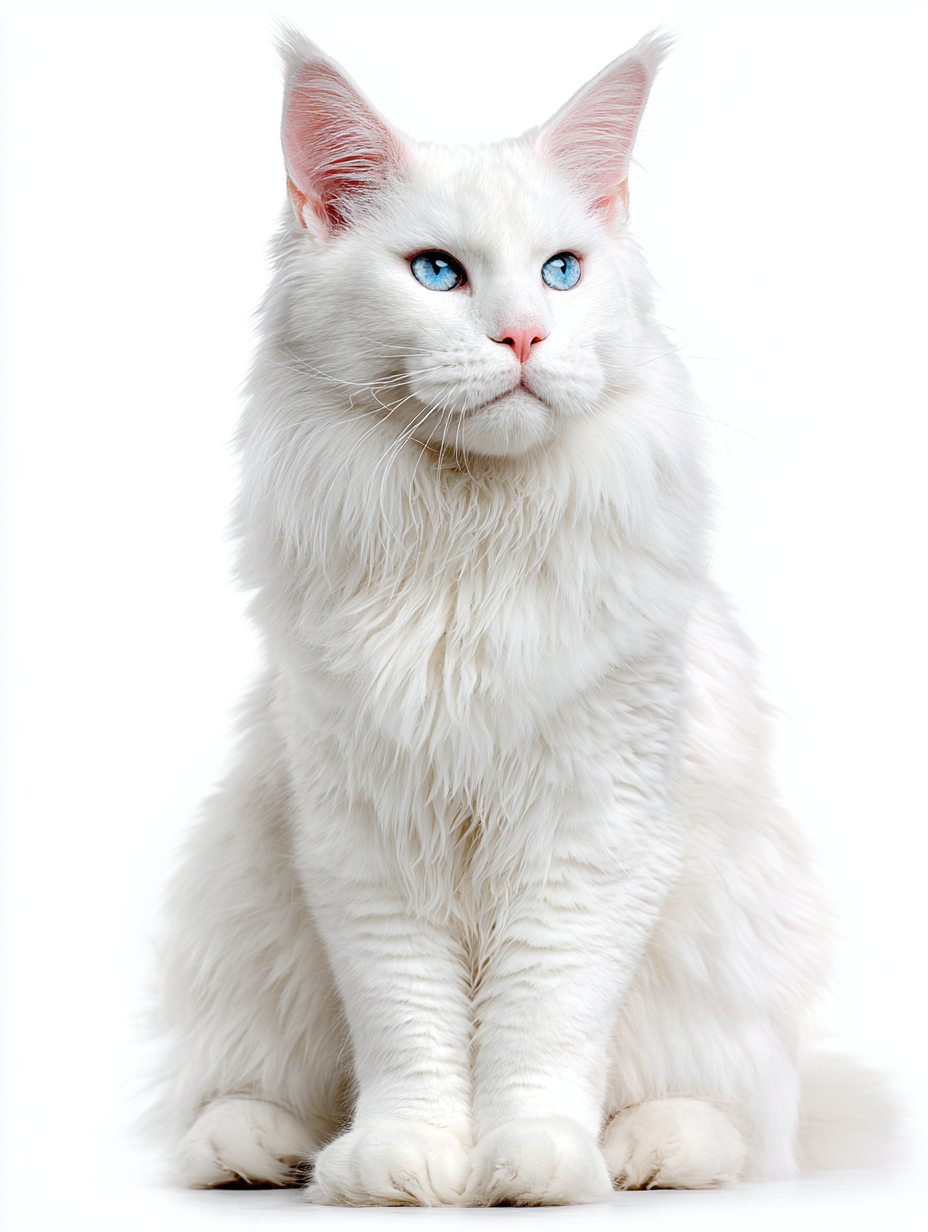

Read the Comments +